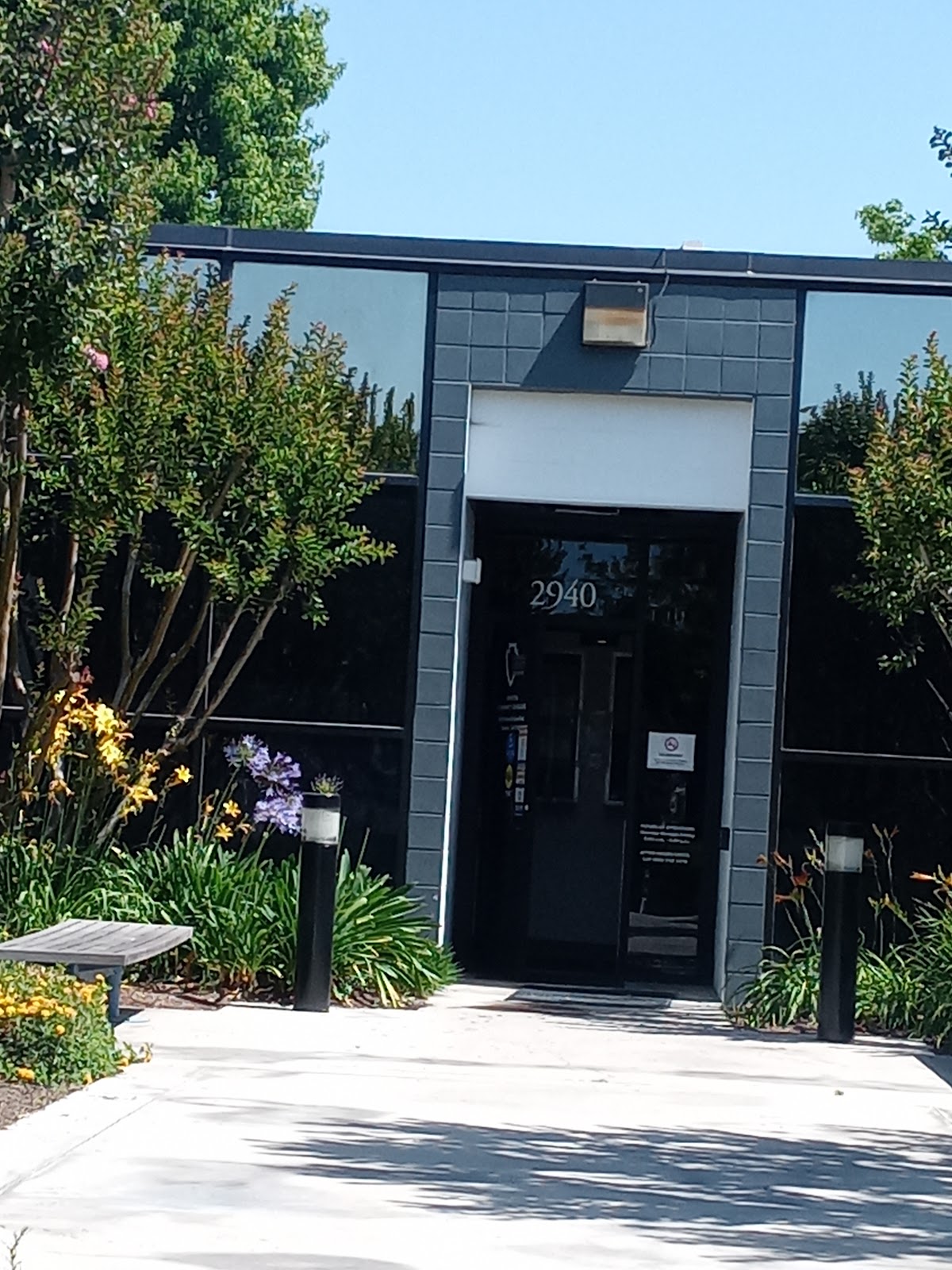Mariposa Community Counseling
Overview
Mariposa Community Counseling, located in Ontario, California, operates under the San Bernardino Behavioral Health Department. They specialize in addressing mental health issues and substance use disorders through outpatient counseling services designed to target the psychological aspects of addiction, mental health concerns, and dual diagnosis conditions.
Their outpatient programming at Mariposa Community Counseling encompasses a range of counseling services aimed at addressing mental health, behavioral, and emotional challenges, including dual diagnosis conditions. The treatment approach includes individual and group counseling focused on alcohol and drug-related issues, alongside case management to prevent relapse and support sustained recovery.
Individual therapy provides a structured environment for individuals to delve into the psychological complexities associated with addiction. Guided by a trained professional, clients are offered a supportive platform to openly discuss and navigate their emotions. This therapeutic process often involves addressing unresolved trauma, managing feelings of anger, depression, and anxiety, as well as exploring the desire for greater personal autonomy and control over life circumstances.
Each client at Mariposa Community Counseling receives a personalized treatment plan tailored to their unique needs and goals, ensuring comprehensive care that addresses both immediate challenges and long-term recovery objectives.
Dual diagnosis, also known as co-occurring disorders, refers to the simultaneous presence of two or more mental health conditions. Without addressing these mental health concerns alongside substance use disorder treatment, achieving and maintaining sobriety can be challenging. Concurrent treatment of both conditions enhances the likelihood of long-term recovery.
Group therapy involves therapeutic intervention in a group setting where participants interact to explore and address mental, emotional, and physical issues. Various modalities of group therapy, including support groups, experiential therapy, and psychoeducation, provide opportunities for collective healing and growth.
Mental health treatment aims to support individuals in recovering from conditions like bipolar disorder, clinical depression, anxiety disorders, schizophrenia, and other complex psychiatric disorders. This includes individual therapy, group therapy, and family therapy, each offering distinct approaches to addressing mental health needs. These services can be delivered in diverse settings, including inpatient facilities, outpatient clinics, or clinical offices, tailored to meet the unique requirements of each individual's treatment plan.
Mariposa Community Counseling at a Glance
Payment Options
- Medicaid
- Cash or self-payment
- Medicare
- Self-pay options
Assessments
- Comprehensive mental health assessment
Age Groups
- Adults
- Children/adolescents
- Young adults
- Seniors
Operation
- State government
Treatment At Mariposa Community Counseling

Conditions Treated
Mental health treatment:
Mental health services are essential during treatment for drug and alcohol addiction, whether you receive treatment in an inpatient or outpatient setting. While receiving inpatient care, you can expect to have round-the-clock access to mental health therapists and medical staff. Additionally, you will likely receive a number of different therapies and mental health options like individual and group counseling, addiction and relapse prevention education, and coping skills training.

Levels Of Care
Outpatient:
Outpatient treatment at rehab centers provides adaptable therapy schedules, usually spanning 1-3 hours weekly, enabling participants to maintain their everyday routines while undergoing treatment. On the other hand, intensive outpatient programs require a more dedicated time investment, frequently around 9-15 hours a week, delivering a deeper therapeutic experience without the commitment of inpatient residency.

Treatment Modalities
Individual psychotherapy:
Individual therapy is a one-on-one therapeutic interaction between a therapist and a client to address personal challenges, foster self-awareness, and promote mental, emotional, and behavioral growth. This setting provides a confidential and supportive environment for individuals to explore their thoughts, feelings, and behaviors, identify goals, and develop coping strategies. Individual therapy can be beneficial for a range of concerns, including anxiety, depression, stress management, relationship issues, and life transitions.
Cognitive Behavioral Therapy:
Cognitive Behavioral Therapy (CBT) is a therapeutic approach that emphasizes the interconnectedness of thoughts, emotions, and actions. It promotes healthy reactions to thoughts and emotions, steering individuals away from harmful responses such as substance abuse. Proven effective for various addiction recoveries, CBT enhances an individual's self-awareness and self-control. Through CBT, individuals learn to better gauge their emotional well-being, communicate more effectively, and handle stress without resorting to drugs or alcohol.
Eating Disorder Treatment:
Eating Disorder Treatment" is a specialized approach to help individuals with disorders like anorexia and bulimia. It combines medical, psychological, and nutritional interventions to address these conditions' physical and emotional aspects. The goal is to support recovery, promote self-acceptance, and improve overall well-being.
Group counseling:
Group therapy entails therapeutic sessions conducted in a collective setting rather than one-on-one. It encompasses various modalities, from support groups and experiential therapy to psycho-education and beyond. The approach focuses on treatment and emphasizes the dynamic interactions and shared experiences among group members.
Trauma-related counseling:
Trauma therapy delves into past traumatic events that might be influencing a client's current life experiences. Often, trauma serves as a significant precipitant or underlying cause of addiction. Such traumas can arise from childhood sexual abuse, domestic violence, growing up with a mentally ill parent, early parental loss, and experiences of sexual assault in teen or adult years, among other circumstances. Trauma therapy aims to aid the individual in processing and navigating beyond these traumas, guided by the expertise and empathy of skilled mental health specialists.
Ancillary Services
Languages
- Spanish
Special Programs
- Persons with eating disorders
- Clients who have experienced trauma

Additional Locations
Contact Information
DISCLAIMER: The facility name, logo and brand are the property and registered trademarks of Mariposa Community Counseling, and are being used for identification and informational purposes only. Use of these names, logos and brands shall not imply endorsement. BetterAddictionCare.com is not affiliated with or sponsored by Mariposa Community Counseling.



